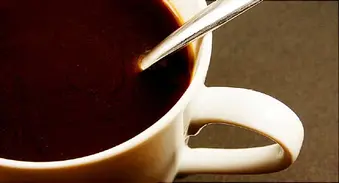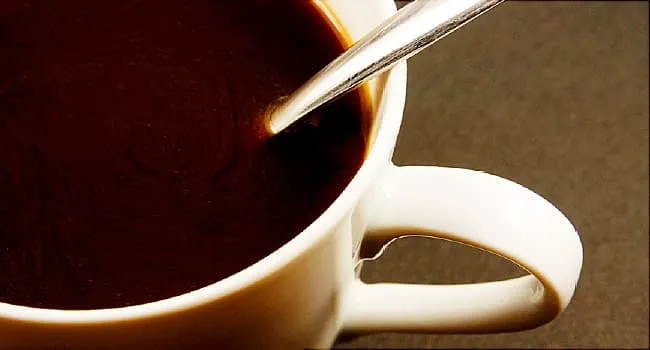Quiz: The Truth About Coffee

About how many cups of coffee does the average person drink daily?
- 1
- 3
- 5
More than three-quarters of us drink coffee. And more than half say they drink it every day. Experts aren't sure what the health risks are -- if any -- if you drink too much coffee. That's why most suggest you stop at two or three cups.
Which has less caffeine?
- Ground coffee
- Instant coffee
Eight ounces of ground roast coffee has anywhere from 95 to 165 mg of caffeine if it's made in a drip brew pot. Instant coffee doesn't brew as long. That's partly why it has only about 63 mg of caffeine per cup. One ounce of espresso has between 47 and 64 mg.
Where did coffee first come from?
- South and Central America
- Hawaii
- Africa
Of the 25 or more major species of coffee plants, all of them are native to the tropics of Africa, mainly Ethiopia.
Coffee plants are related to
- Roses
- Gardenias
- Berries
They don't smell the same, but they both smell good! Coffee is the biggest cash crop in the plant family called Rubiaceae. It's a big clan, with more than 6,000 species. One member is the fragrant flower gardenia.
Drinking coffee may lower your chance of
- Gallstones
- Type 2 diabetes
- Both
Too much coffee can lead to a faster heart rate and higher blood pressure. More and more, though, it seems your daily cup of joe could be good for you. Coffee with caffeine (not decaf) may help prevent gallstone disease, for instance. Some studies also suggest that regular coffee drinkers may have a lower risk of type 2 diabetes.
A "grande" coffee has as much caffeine as how many cans of cola?
- 1
- 3
- 5
- 7
More is more when it comes to caffeine and coffee. That grande has 330 mg of caffeine. Compare that with 42 mg in a can of diet cola. A grande has about two and a half times as much caffeine as a normal-size cup of coffee.
What's the best place to store your coffee beans or ground coffee?
- The freezer
- The refrigerator
- The counter
Just make sure it's in a dark, cool place in an airtight holder. Glass and ceramic are good. Moisture can make coffee break down, so neither the fridge nor the freezer is the best home for it. If you have a lot of coffee, it's OK to freeze it. Put it into small airtight plastic bags. To keep it fresh, don't refreeze.
What's the best way to protect your teeth from the acid in coffee?
- Brush right after drinking
- Use a straw
- Rinse your mouth with tap water
If you brush your teeth right after drinking coffee, you could hurt sensitive surfaces. Better to rinse your mouth with tap water and wait half an hour to brush. Don't swish the coffee around in your mouth or use a straw. This makes the coffee hit your teeth faster, which can cause more damage.
Coffee has more antioxidants than fruits and vegetables.
- True
- False
Many people get more antioxidants (which help protect cells) from coffee than any other source. That's partly because they drink so much coffee. But also the drink itself is rich with them. Dates, for example, are packed with antioxidants, too. But coffee is a lot more popular than dates.
Why does rare civet coffee cost so much?
- It's mixed with gold flakes
- It's made from animal droppings
- It's strained hundreds of times
Ick. Civet coffee comes from the droppings of the Indonesian civet cat, or luwak. The cats eat fresh coffee cherries but don't digest the beans inside. Workers wash the dropped beans and they're sold for over $130 a pound as Kopi luwak. It's said that the cats' gut enzymes make the beans less acidic with better flavor.
Decaf coffee never has caffeine.
- True
- False
Almost all decaf has at least some caffeine. And enough decaf can give you the same caffeine jolt as one cup of the real stuff. Researchers say you can start to feel these effects with 5 cups of decaf or more.
